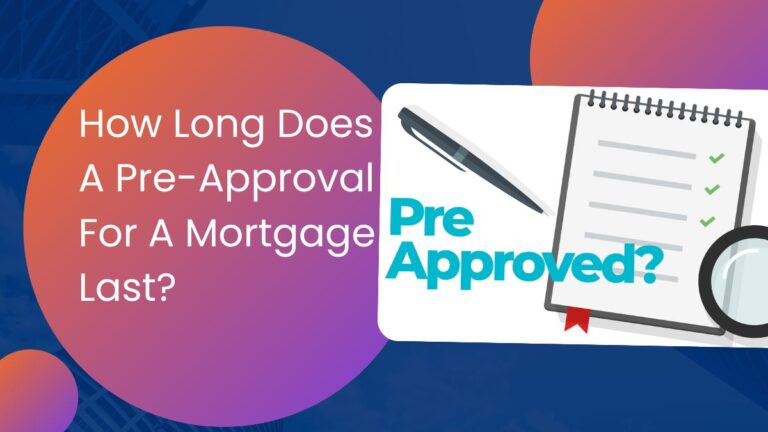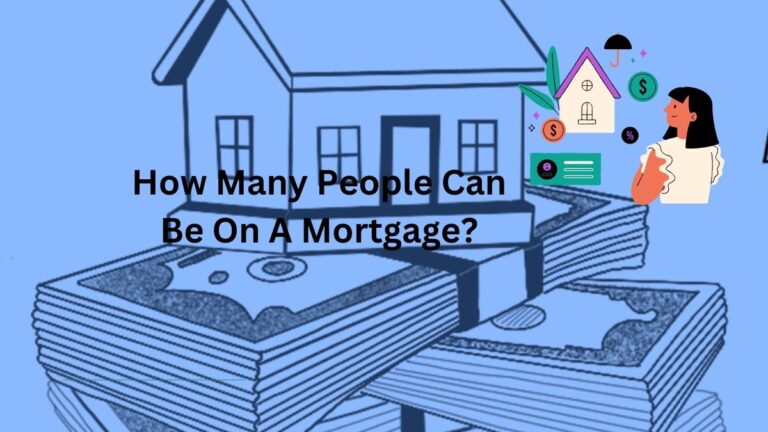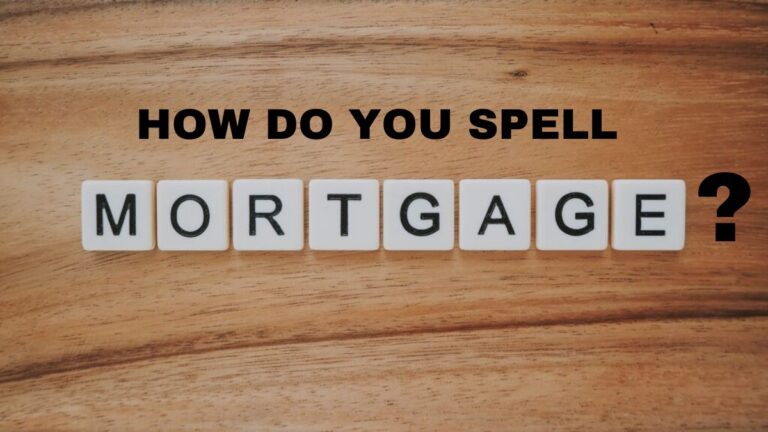What Happens To My Mortgage If The Bank Collapses?
What Happens To My Mortgage If The Bank Collapses? Owning a home is a significant financial responsibility, and for most people, it involves obtaining a mortgage from a bank or financial institution. However, concerns about the stability of banks can arise, leading to questions about the fate of your mortgage if the bank were to collapse. In this blog post, we will delve into the details and provide a comprehensive understanding of what might happen to your mortgage in such a scenario.
Government Regulations and Deposit Insurance:
In many countries, governments have established regulatory frameworks to safeguard the financial system and protect depositors. One such measure is deposit insurance, which guarantees a certain amount of money deposited in a bank. If your bank collapses, the government’s deposit insurance program will typically step in to protect your deposits up to the insured limit. However, it’s important to note that deposit insurance often does not cover mortgage loans.
Sale of Mortgage Loans:
When a bank faces insolvency, it may be placed under the control of a regulatory agency or an appointed receiver. In such cases, the bank’s assets, including mortgage loans, may be sold to other financial institutions or investors. This transfer of ownership typically does not affect the terms and conditions of your mortgage agreement. The new owner of your mortgage will usually assume the responsibilities of the original lender, and you will continue making payments as usual.
Change in Loan Servicer:
In some cases, rather than selling the mortgage loans, the collapsed bank’s loan servicing rights may be transferred to another financial institution. Loan servicing involves collecting payments, managing escrow accounts, and handling customer inquiries. If your mortgage loan is serviced by the bank that collapsed, you may be notified about the change in loan servicer. The new servicer will take over the administrative tasks associated with your mortgage, but the terms of the loan should remain the same.
Impact on Interest Rates and Terms:
It’s important to understand that if your mortgage loan is transferred or sold to another financial institution, the terms and conditions of the loan should remain unchanged. The interest rate, loan duration, and repayment terms specified in your original mortgage agreement should generally remain in effect. However, it’s crucial to carefully review any communication or notices from the new lender or loan servicer to ensure there are no changes or discrepancies.
Legal Protection and Contracts:
Mortgage loans are typically secured by the property itself, with legal documentation outlining the rights and obligations of both the lender and the borrower. Even if your bank collapses, the legal contract between you and the lender should still be valid. The collapse of the bank does not automatically absolve you of your mortgage obligations. You must continue to make timely payments to the appropriate party designated by the regulatory agency, receiver, or new owner of the mortgage.
Conclusion:
While the collapse of a bank can create uncertainty and concerns about your mortgage, it’s essential to remember that governments have implemented measures to protect depositors and maintain stability in the financial system. If your bank were to collapse, your mortgage would likely be transferred to another financial institution or investor.
The terms and conditions of your loan should generally remain the same, and you would continue making payments as usual. It is important to stay informed and carefully review any notices or communication from the regulatory authorities, receiver, or new owner to ensure a smooth transition during such situations.






